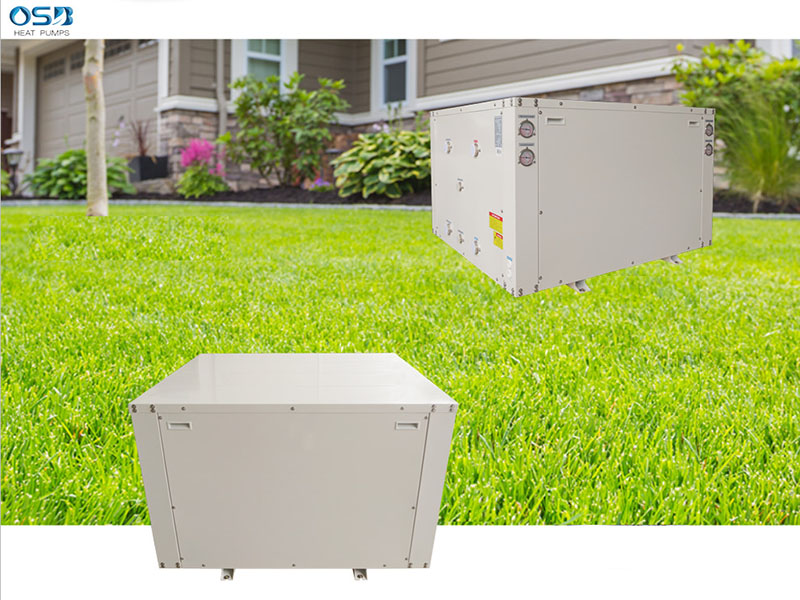
How long does a Ground Source Heat Pump last?
A well engineered commercial ground source heat pump can be expected to last 25 years – ten years longer than a combustion boiler – and the ground heat exchanger, the more expensive part of a ground source heat pump installation, should have a life of over 100 years.
Why are ground source systems known as "invisible heating systems"?
Ground source systems are automated. Because they come with low maintenance, low running costs, low noise and are out of sight, they are often referred to as "invisible heating systems".
One key advantage of ground source systems is that they are favoured by planning officers: with nothing to hear, nothing to see, and nothing to smell there is nothing to object to.
How do running costs compare with conventional alternatives?
A ground source heat pump systems offer very high efficiency, low running costs and benefit from long life. Oil-fired boilers cost considerably more to run. Even modern condensing gas boilers are more expensive to run at current gas prices, with gas prices also set to rise. All fossil fuel boilers need annual servicing to maintain efficiency and check safety.
What about alternative heat sources for heat pumps?
A ground source heat pump uses a ground loop or borehole to exchange heat with the ground: the advantage is that a relatively constant temperature is available throughout the winter if the ground loop is large enough. There are alternatives which can also be attractive for larger buildings including open loop systems which heat exchange with open water or aquifer systems: water source heat pumps or marine source heat pumps. It is also possible to heat exchange with ambient air, but an air source heat pump is significantly less efficient when the external air temperature is cold – and this corresponds with the time when space heating is most needed.
What is the cost of installing a ground source heat pump?
The initial purchase cost of a ground source heat pump system is more than a conventional oil or gas fired boiler. The initial capital expense is offset by lower running costs, lower maintenance and low servicing requirement. There is also the security of knowledge that the majority of your heating and cooling energy comes from the ground and will not increase in price.
Be careful to avoid judging an installation on price alone. It is very important to ensure you have a well designed system if your aim is to save money over the life of the installation.
Are ground source heat pumps suitable for district heating?
Yes. A communal ground array serving a heat pump in each building has many advantages over a traditional Combined Heat and Power district network including lower installation costs, lower running costs, much lower carbon emissions and improved air quality.
Remark:
If you‘re interesting in heat pump products,please feel free to contact OSB heat pump.
Some of the articles are taken from the Internet. If there is any infringement, please contact us to delete it.

